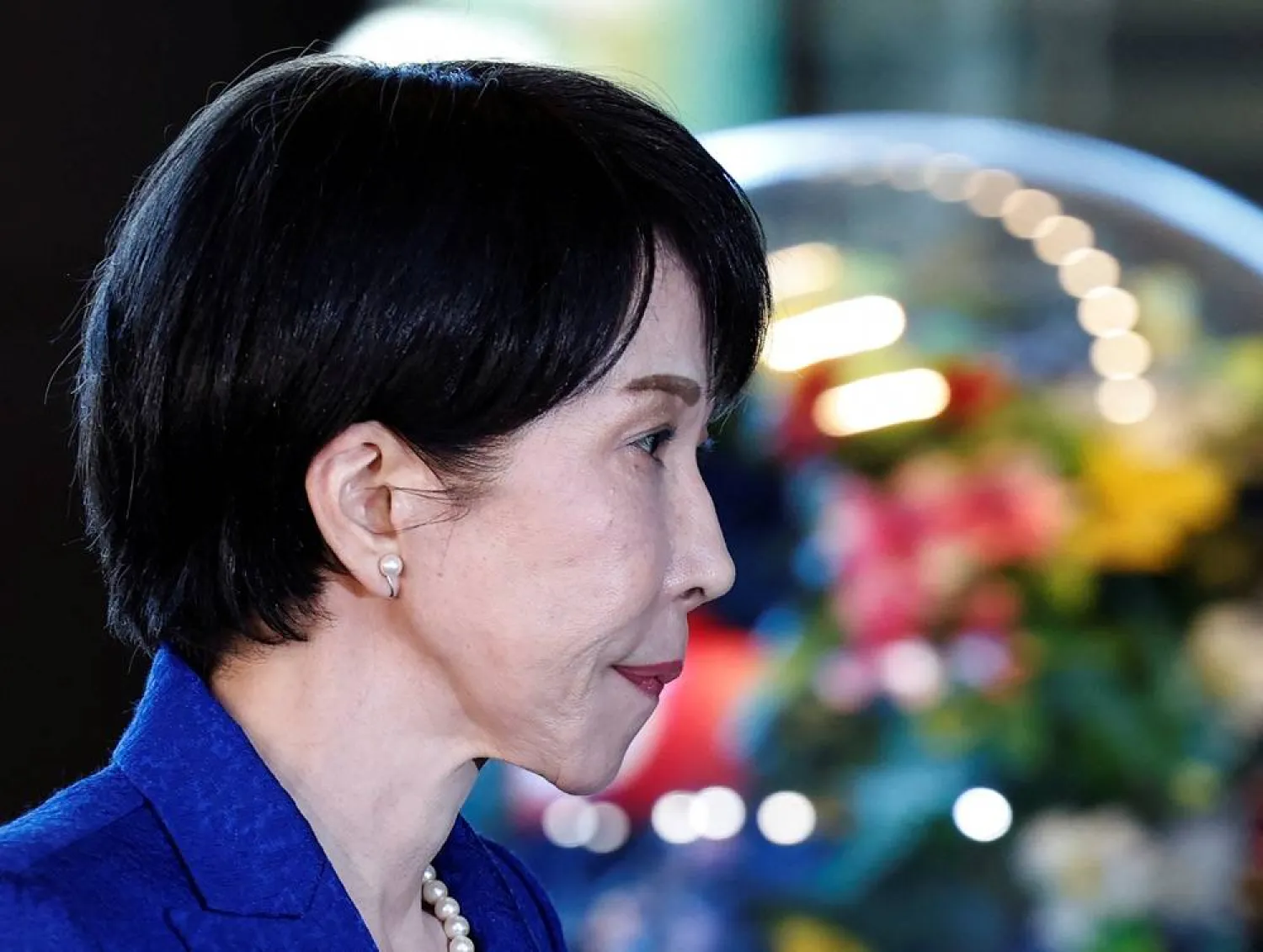Iranian Parliament Speaker Mohammad Bagher Ghalibaf warned presidential candidates that exchanging accusations would convey a “dark picture” of the country’s conditions and raise people’s doubts about the future.
“The large number of candidates from different political spectrums shows that political elites of various orientations accept the election process in Iran, consider the presidency to be influential, and have sufficient powers to bring about change and transformation,” the speaker said in a session on Sunday.
He went on to say that the high candidacy rate “is a promising start for the establishment of effective elections with a great participation,” adding that the seriousness of the electoral atmosphere was for the country’s interest and a “demand of all those who are keen on Iran.”
The upcoming presidential polls, which will be held on June 18, will be the first in the country after the severe economic crisis, which led the Iranians to take to the streets on Dec. 2017, five months before the US withdrawal from the nuclear deal.
Meanwhile, the spokesman for the Guardian Council, Abbas Ali Kadkhodaei, announced that the elections would be based on “the constitution and the conditions stipulated in Article 115”, in addition to the “general procedures” stipulated by Iran’s spiritual leader Ali Khamenei, in reference to the conditions recently announced by the Council, which President Hassan Rouhani expressed reservations about.
Since the opening of registration on Tuesday, up to 592 candidates, including 40 women, have submitted their candidacy to the Ministry of Interior.
Kadkhodaei noted that the General Administration for the Elections in the Guardian Council, which is responsible for the preliminary review and preparation of the required documents, began its work on Sunday, before presenting the files to the twelve members of the Council.
He added that the process of reviewing the requests would officially begin on Monday.
The Guardian Council has specified that “all nominees must be between 40 and 70 years of age, hold at least a master’s degree or its equivalent, have work experience of at least four years in managerial posts... and have no criminal record”, according to Iran’s state-run Press TV. The new terms come in the implementation of a 2016 directive from Khamenei.









